Following interview by Xiaomei Chen (陈小枚) and Yuhui Liao-Fan.
Yuhui Liao-Fab: What does “photography” mean to you?
Xiaomei Chen: To me, photography is first of all a tool of exploration and expression. The camera is my passport; it gives me a reason to travel, observe, explore and understand among different cultures and geographic locations. Because of the camera, my horizon is being continuously expanded. My cognition of this world becomes more tangible, and my feeling more real. I understand myself better, too. Each time, no matter what theme I am working on – documentary, artistic, I am always like a curious child, who tries to understand the world and herself through lenses.
In the meantime, although I no longer believe that photography can change the world, still I hope that they can provide people with visual information, and inform people of social problems, so that they can reflect upon them.
Yuhui Liao-Fab: Can you write a biographical introduction?
Xiaomei Chen: My parents gave me the name of Chen Xiaomei, and I changed one character by myself when I was in elementary school. I was born in Heyuan, Guangdong in China in 1974, and grew up in a traditional Hakka cultural environment. I currently live in Dallas, United States. Initially I had a degree in education, and after teaching English in a teaching college for six years, I turned to Journalism and got a Master degree in Journalism from Jinan University in Guangzhou. Then I became interested in anthropology. In 2004 I went to America and studied anthropology in University of Colorado, and obtained a master degree in anthropology in 2006. In the same year I gave up a PHD scholarship offered by the University of Wisconsin, and started my career as a photographer. I got a Master degree in photography from Ohio University in 2010. Now I work as an independent photographer.
Yuhui Liao-Fab: How did you become a photographer?
Xiaomei Chen: I always admire artists. My younger brother is an artist and he is very gifted. I almost adore him, and I would never think that I could do creative work like him. How did you become a photographer Nor did I think I could do anything related to visual art. In the eyes of myself, my family, or friends and classmates, I am supposed to be a teacher who works with pen. Now I still write for the media in China from time to time.
The first time I picked up a camera was when I traveled to Inner Mongolia during the summer vacation of my sophomore year. I borrowed a point-and-shoot camera and took snapshots of the landscape. They are intolerable when I look at them today, but at that time I really enjoyed the process of looking at the world from a viewfinder. In 1999, I travelled to the Tibet, and for the first time I used an SLR, Nikon FM2, but I had no single idea about aperture and shutter speed at all, and of course they were just tourism photos. When I got back, the local media reported my trip and asked me to write a series of travel journals of my journey to Tibet. Along with that some photographs were published. That was the first time I publish my photos. But I didn’t think about becoming a photographer, and I didn’t dare to, because I thought a pen is easier to use than a camera.
When I studied Journalism in Jinan University, I became an amateur photographer. Since it was not my major, I knew little about photography, and there were not many materials available to learn, so it was purely a leisure activity without any restrictions. I took tourism photographs, I shot plants, and sometimes street scenes as well. Occasionally I even received some praises. When I was about to graduate, I photographed Xiaoguwei, a disappearing historic village in the suburb of Guangzhou. Later, my photos were exhibited by Jiangnanliguo in Guangzhou.
When I studied anthropology in the US, photography became a seasoning of my life, because academic research was very monotonous. I sat in on lectures on fine art photography in the department of Arts, and lectures on photojournalism in the department of Journalism. I got acquainted with Kevin Moloney, the photographer with New York Times and his father Paul Moloney. With their encouragement, I seriously started to consider being a professional photographer. In the end I gave up the PHD scholarship and became a full time photographer.
After working for nearly one year for a newspaper in Colorado, I was encouraged by Rich Clarkson, the former photography director of National Geographic, to accept the Enlight Fellowship from University of Ohio. I studied visual communication and documentary photography.
Yuhui Liao-Fab: Can you describe your work? How would you define your photographs?
Xiaomei Chen: My job is a lot of fun, but at the same time it is very demanding, both physically and mentally. When doing academic research I felt it rather tiring and boring, and I admired people who do art because I thought their job is very easy and full of fun. But when I became a full time photographer, I find that photography is sometimes even more difficult than academic research. Doing academic study only requires hard work and accumulation, and as long as you keep thinking, you will gain achievement. However, creative art work is really hard, and accumulation might turn out to be repetition and restrictions.
A Chinese proverb says, “You cannot know the shape of a mountain when you stand in the mountain.” It is very difficult for me to judge my own work. You may want to seek comments from those people in this field who are familiar with my work. For example, Terry Eiler, the director of Faculty of Visual Communication, photographer Tom Ondrey, Bill Alen, the former chief editor of National Geographic.
Yuhui Liao-Fab: Can you say a few words about your technique?
Xiaomei Chen: Maybe because of my academic background in Journalism and Anthropology, basically my approach is quite straightforward. Most of my work is documentary. In addition, under the influence of photojournlistic ethics in the US, do very little retouching except the traditional dodging and burning. Generally I don’t change the original look of the photograph.
I mainly use Nikon DSLR, sometimes 135mm and 120mm films as well. I got a 4×5 view camera recently, so I hope I can do more film photography.
I like to try different ways, and I do not want myself constrained by techniques or styles.
Yuhui Liao-Fab: Does the technical aspects that you mentioned are important or what really matters is only the final result?
Xiaomei Chen: Post processing is not very important in my work. Whether it is documentary or studio photography, I emphasize more the photograph per se and the message it conveys. If I want to get a specific effect, I’d rather get it from the shooting than the post processing.
Yuhui Liao-Fab: How do you approach strangers? Do you ask if they accept to be photographed or otherwise you try not to be noticed? What are their typical reactions?
Xiaomei Chen: Usually before I take a photograph, I will ask for permission from the subject. However, if I have to capture a fabulous moment that can’t be missed out, I will take the photograph first, and tell the subject that I just took a photo of him or her. In the States, most people are very friendly, and they don’t mind being photographed. But if they ask me not to shoot them, I will stop, except for some special news events, such as photographing the detainees.
Yuhui Liao-Fab: When you are working in China, do you think that being Chinese and -as a consequence- to have a certain invisibility compared to a foreign photographer, is a major advantage?
Xiaomei Chen: I don’t think I have certain invisibility as a Chinese to photograph in China. The camera itself unveils your desire to photograph. On the contrary, I think that photographing in China is indeed more difficult, because Chinese people seem to be shy in front of the camera, and meanwhile they are more alert.
Yuhui Liao-Fab: Do you think that being a women modifies the reactions people have when you take their photographs? Do you think that shooting reportage can put yourself in difficult context for a women or the danger is the same for everyone? Have you ever find your self in this kind of situations?
Xiaomei Chen: In the US, it is an advantage for me to be a female photographer and a foreigner as well. It is because a woman, compared to a man, does not pose any threat to the subject, so the subject may feel relatively relaxed. Moreover, as a foreign female, it is quite often that people are curious about me and they would love to talk to me. Therefore they give me the chance to express my friendliness, and it is easier for me to get access to photograph them.
Yuhui Liao-Fab: One of your first work was a trip to Tibet, a special autonomous region where Chinese peoples usually need special authorizations to visit it. Did you had complete freedom or you experienced any form of pressure from the authorities? More generally, what is your personal experience concerning the freedom of the press in China?
Xiaomei Chen: When I first went to Tibet years ago, rather than as a photographer or a journalist, I was just a tourist. Therefore I did not need any special authorization. Also it might be that the time and social circumstance then was rather different from nowadays, so I didn’t find any restrictions.
Yuhui Liao-Fab: Can you describe the two projects you have chosen to illustrate the interview?
Xiaomei Chen: The photographs of these two series are projects in progress. The beginning of Zen of Fire is rather accidental — the house of my boyfriend’s mother was on fire. The purpose of this project is to explore the meaning behind disasters, and make people rethink of disasters. Laozi once said, weal and woe come side by side. Woe may be a blessing in disguise, and luck can be the next neighbour to misfortune. What I want to express is just a simple philosophy as such. Because of this project, I found myself having quite different thinking compared to the western photographers, and the influence of Chinese culture is very penetrating.
“Embrace Pain” aims to explore some marginalized American people from an anthropological point of view. I photograph them, not simply because their behaviour is quite odd in the eyes of the “ordinary people”, but because I am curious about their inner world, and I would like to re-contemplate about the contemporary society through their eyes. I want to question again “what is normal?”, and this project reveals the very fact that to me, that photography is an instrument of exploration.
Yuhui Liao-Fab: A lot of photographers complain about the actual situation of documentary photography. Do you think that reportage has a major crisis now and why? What an be a possible solution?
Xiaomei Chen: It is rather difficult to judge whether we are facing crisis in documentary photography, but it seems that we are experiencing a transition, a bit uncertain state. According to the traditional Chinese philosophy, “crisis” breeds “opportunity.” Possibly we will embrace a whole new opportunity in documentary photography, or even the entire photography realm. The only thing is that we haven’t found it yet.
Yuhui Liao-Fab: Do you think that the situation is the same in the Western world and in China?
Xiaomei Chen: Maybe there are some differences in theory and practice between the Chinese and western photography. However, in China as in the West, technological developments, changes of opinion and the economic situations influence more or less the mindset, approaches, techniques and means of disseminating photographs. With globalization the gap between Asia and the Western world is diminishing.
Yuhui Liao-Fab: More generally, do you think that the Chinese contemporary photography is different from the Western one? If yes what are those differences and how do you explain them? Do you think we can speak of a “Chinese school” or photography today is globalized?
Xiaomei Chen: I am not really familiar with the specific distinctions between the modern photography of China and that of the West. But I think unlike words, photography is a language without national boarders. It is true that the environment and culture in which we grow up will leave marks on us and influence the way how we work, but every photographer has his or her own way, no matter in the west or in China. It is difficult to judge the photographer’s nationality from an image.
Yuhui Liao-Fab: What do you like and dislike in the contemporary Chinese photography?
Xiaomei Chen: A very small number of photojournalists do staged photography, or do a lot of post processing work, and I don’t agree with that. I am not against the post production of art photography, but for journalism and documentary photography, it is better not do post production in order to reflect the reality.
Yuhui Liao-Fab: Do you have a wish or a photographic dream?
Xiaomei Chen: Practice photography in an honest manner, and meanwhile don’t have to be starved.
Yuhui Liao-Fab: Do you think is fundamental to live in a big and important city, or -for example thanks to Internet- the city in which you live is no longer a contraint?
Xiaomei Chen: Geographic location is not a restriction. Restrictions come from a closed mind, as well as economic constraints.
Yuhui Liao-Fab: Do you think it’s important to have a website or a blog? Is it is essential to have it translated into various languages? How the Internet contributes to the spread contemporary photography?
Xiaomei Chen: The blog is indeed a very personal way of expression. It can help people see and know more about the photographer’s work. But in an era when blogs are flooded, there are very few photography blogs that can receive much attention. I have a blog, but the purpose is not to promote my work, but share with friends. However, I do think photographers should have their own websites. I designed and established my own website.
Yuhui Liao-Fab: How would you describe the artistic and photographic scene in China? Is it that there are often exhibitions, festivals, events, etc.? What about commercial photography?
Xiaomei Chen: The relation between the art world and the commercial community is very tricky. Art needs commercial support, but might be undermined by the commercial world. The resistance and attraction are going on at the same time.
Yuhui Liao-Fab: What are your sources of reference for contemporary photography in China?
Xiaomei Chen: The blog of Ren Yue, a teacher of China Renmin University, is very informative.
Yuhui Liao-Fab: Can you tell some names of Chinese photographers that you particularly like and why?
Xiaomei Chen: Gu Zheng’s fine art photography is quite in-depth. The documentary photography of Lu Guang very much deserves attention.
Please read Xiaomei Chen’s contributed article Between In and Out and visit Xiaomei Chen website for more informations and documentary photographs.

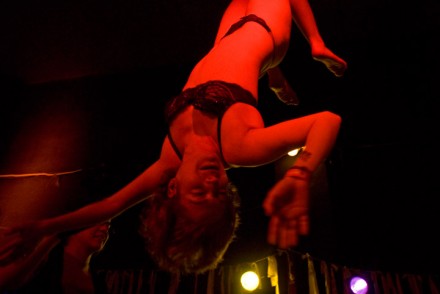
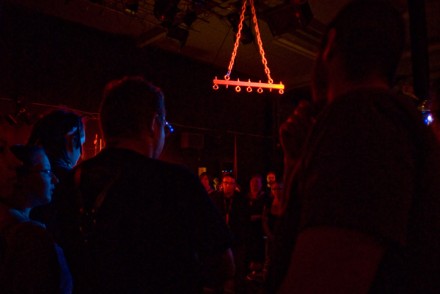
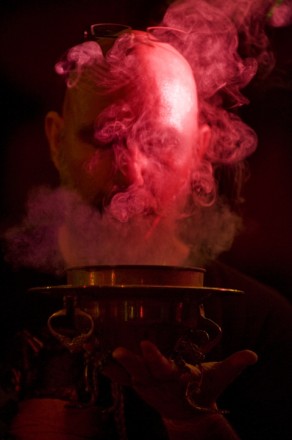
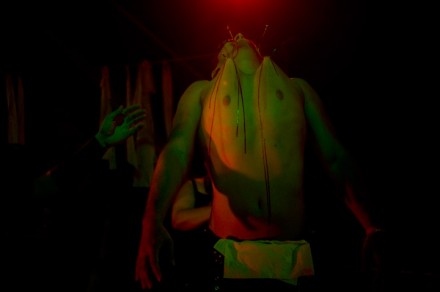
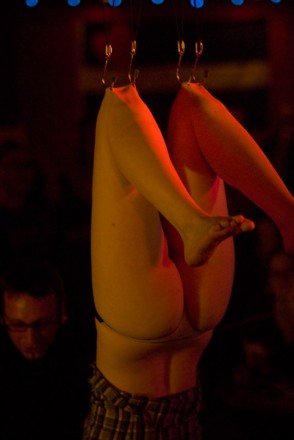
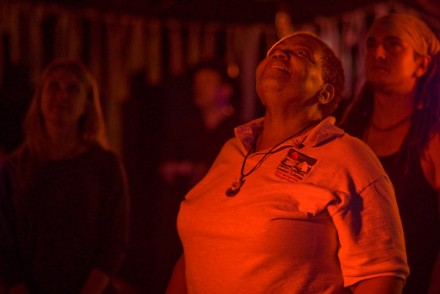
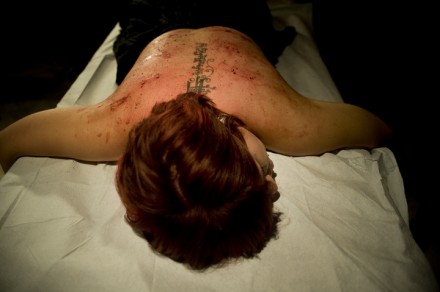
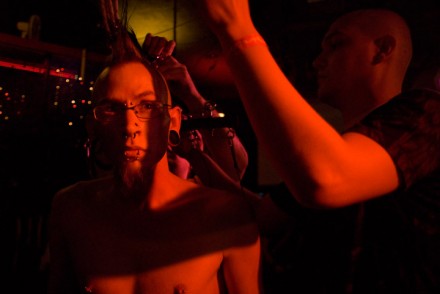
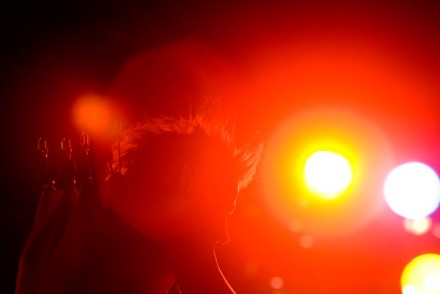
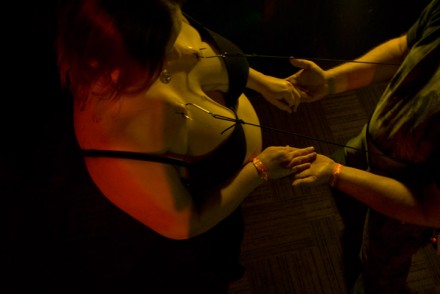
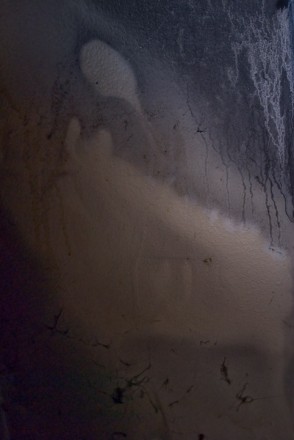
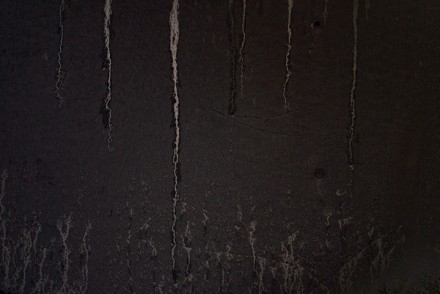
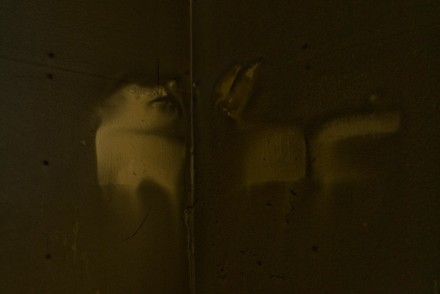
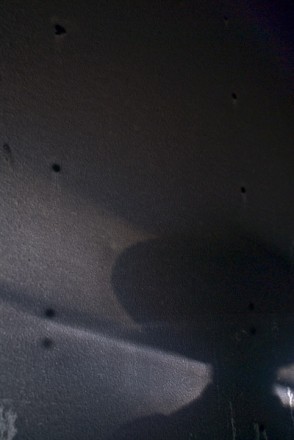
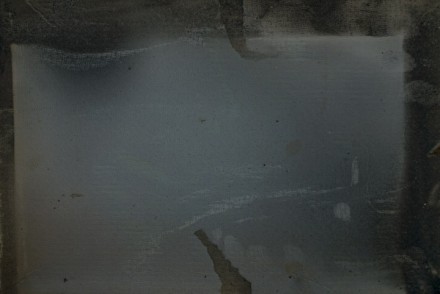
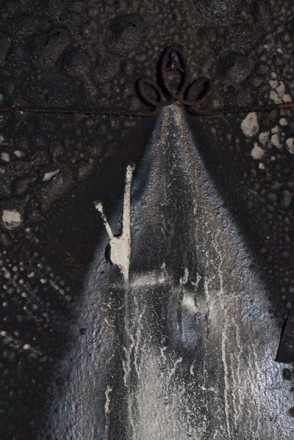
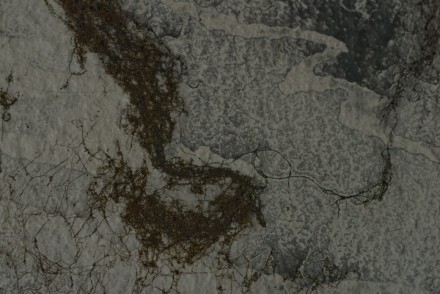
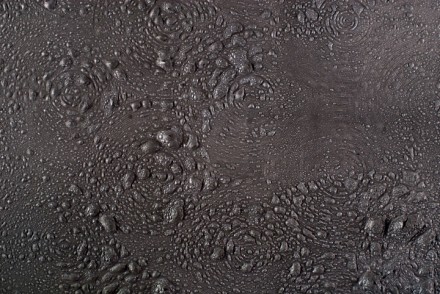

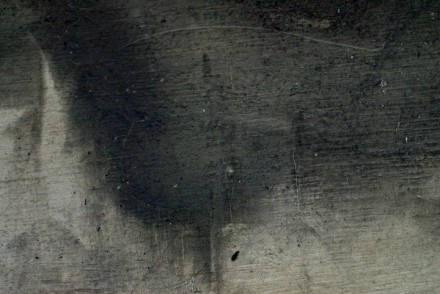
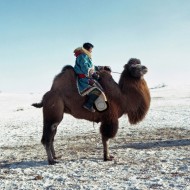
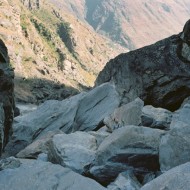
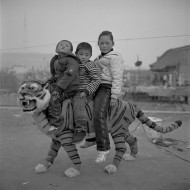
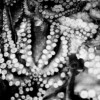
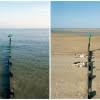
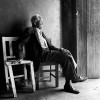


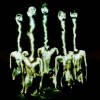
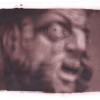




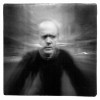
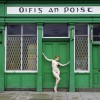
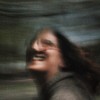
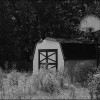

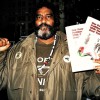


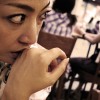


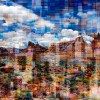
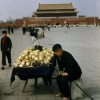
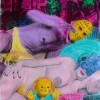






You can also subscribe to this post comments RSS feed.